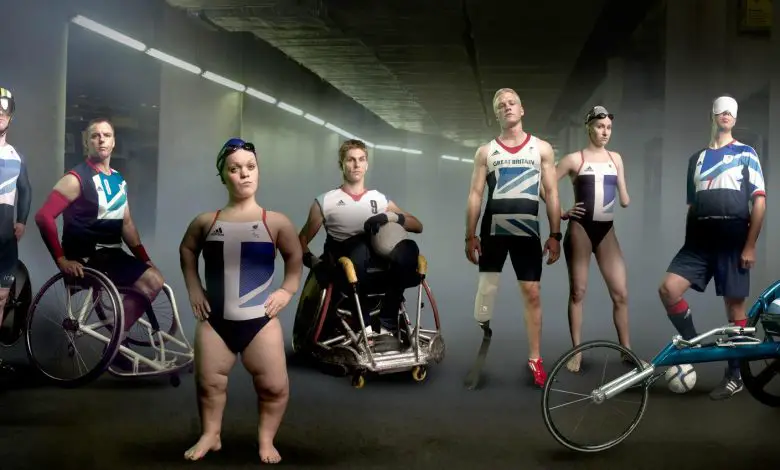
Paralympic Games 2012: has there been change?
With the dust from the stadiums settled after the Paralympic Games 2012, questions are now being asked about what the Games have done for disabled people. Has it changed attitudes towards disabled people? Has it made any impact on life for disabled people? Or are things much the same as before?
Last month I joined a debate on BBC Breakfast to discuss just this. Being asked to appear in the media is always exhilarating. When I spoke on BBC Breakfast two years ago I was nervous about speaking to 8 million people, but honoured to be deemed capable of being part of such a cool thing.
In early December, Scope’s press team asked if I’d be interested in appearing on the show again. This time it was to discuss the results of a BBC poll regarding attitudes towards disabled people since the Paralympic Games. I would be representing Disability Horizons too, so naturally I jumped at the chance.
Take a look at the video to see the full BBC Breakfast discussion:
Opinions, as you can see, differ. But to my mind, attitudes towards disabled people have improved. The general public were swept away with euphoria. They saw disabled people in a new cool and sexy light, and started to understand what life means for us. However, this doesn’t mean our public transport, buildings etc have been improved, or that total social inclusion is now present. We need to take the Paralympic legacy and capitalise on it to educate society on how they can help us show the world that disabled people achieve and thrive when given appropriate support.
This is my opinion, but we would love to hear your views and ideas. As a Disability Horizons community we can make a huge difference.
By Martyn Sibley
Get in touch by emailing us at editor@disabilityhorizons.com, tweeting us @DHorizons, sending us a message on Facebook or leaving your comments below.
Excellent interview. I agree with everything Martin and Ian said. I was invited on to BBC Radio Newcastle, as I am often, soon after the Games ended. I said then I wanted to see how the perceived change in attitude of the general public manifests itself in real life. I don’t see any evidence.
I’d like to see the Paralympic athletes, such as David Weir, being more vocal about day-to-day challenges they face such as transport, building access, etc. As I’ve often said, they don’t have hurdles in Paralympic wheelchair races.
Steve “WheelchairSteve” Wilkinson
Hi,
In my opinion, when the Paralympics were on, it gave the disabled population a chance to show what they can achieve and can let others understand how disability works (e.g conditions, types of chairs etc.) However, I did find a majority of the commentary focused on a small proportion of the athletes. For example; track racers, cyclists, swimmers, blind athletes & amputees. Now I have nothing against these groups of people, but I was hoping to be able to watch those with more serious conditions and unique talents too. For example the Boccia team (who some are current and ex-students of Treloar College where I currently study), those who have speech impairments and may use communication devices and sports such as blind football and handball.
It is true that the Paralympics
has given disabled people the chance to show their achievements. But I believe
that sport isn’t the only way to gain achievement and people should realise
that not everyone is interested in sport and it isn’t the only profession disabled
people can go into. For instance, I hope to be a journalist and I’m currently
in the process of applying to university to study journalism this September. I also have disabled friends who are hoping to become writers, photographers, animators, graphic designers, scientists and musical composers. Therefore, I think all disabled people have
the ability to achieve, no matter what the task is or even how mobile they are.
Anything is possible. And yes if nations across the world could help by having
better access in transport and hospitality then the lives of disabled people
would become much easier and prospects for achievement would be greater.
Emma 🙂